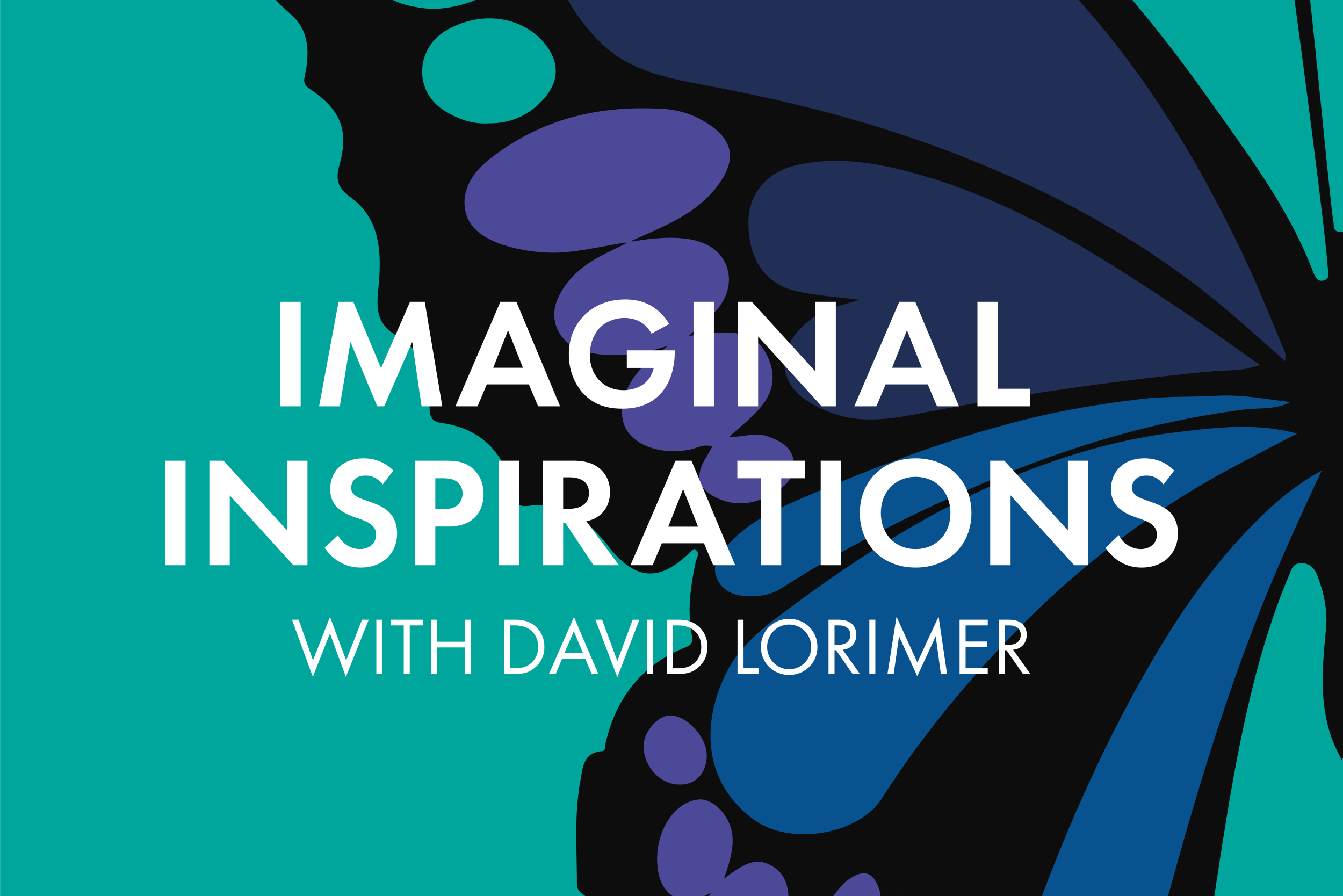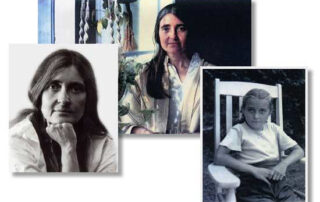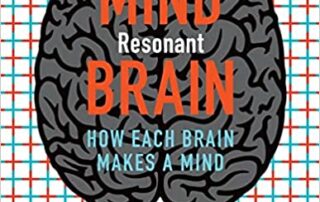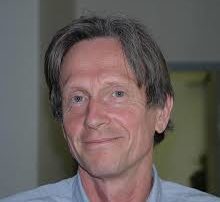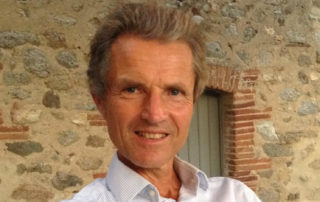
Expanding the Scope of Science
ORIGINS
David Lorimer introduces the Galileo Commission Report
REMIT
The Galileo Commission was founded in 2017 with a view to expanding the worldview of science beyond its limiting materialistic assumptions, which are seldom explicitly examined. A central and widely held assumption is that the brain generates consciousness and is therefore extinguished at death.
Following widespread consultation in 2018 with 90 advisers representing 30 universities worldwide, we have published the Galileo Commission Report, written by Prof Dr Harald Walach and entitled Beyond a Materialist Worldview – Towards an Expanded Science. The report has been widely endorsed as a groundbreaking document, so we encourage you to support our movement by joining the Galileo Commission either as a Professional Affiliate or a Friend. There is also a Summary Report and a Layman’s Report, and a brief summary of the argument is available in a number of languages. We encourage you to read and support Dr Athena Potari’s Call for a Renaissance of the Spirit in the Humanities and to read our edited book Spiritual Awakenings, which documents the transformative experiences of 57 scientists and academics.
A Call for a Renaissance of the Spirit in the Humanities
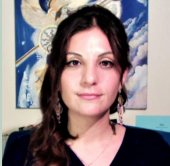 The “Call for a Renaissance of the Spirit in the Humanities”, written by Dr Athena D. Potari, is a pioneering project aiming to raise awareness regarding how the prevailing paradigm of materialism affects the ways in which knowledge is approached within the context of the Humanities. In line with the Galileo Report, which discusses the importance of liberating the positive sciences from the limitations of the paradigm of scientific materialism, this Call aims at making the case for the Humanities as well. The Call explores how recent developments in scientific studies on consciousness, and the ensuing understanding that consciousness is primary and unified, can inform our understanding of what it means to be “human” with correspondingly appropriate epistemologies, as well as how we approach key areas of human activity, including ethics, politics and the environment.
The “Call for a Renaissance of the Spirit in the Humanities”, written by Dr Athena D. Potari, is a pioneering project aiming to raise awareness regarding how the prevailing paradigm of materialism affects the ways in which knowledge is approached within the context of the Humanities. In line with the Galileo Report, which discusses the importance of liberating the positive sciences from the limitations of the paradigm of scientific materialism, this Call aims at making the case for the Humanities as well. The Call explores how recent developments in scientific studies on consciousness, and the ensuing understanding that consciousness is primary and unified, can inform our understanding of what it means to be “human” with correspondingly appropriate epistemologies, as well as how we approach key areas of human activity, including ethics, politics and the environment.What people say…
Featured book
Featured podcast
The Playful Universe – Marjorie Woollacott, David Lorimer and Gary Schwartz (Eds)
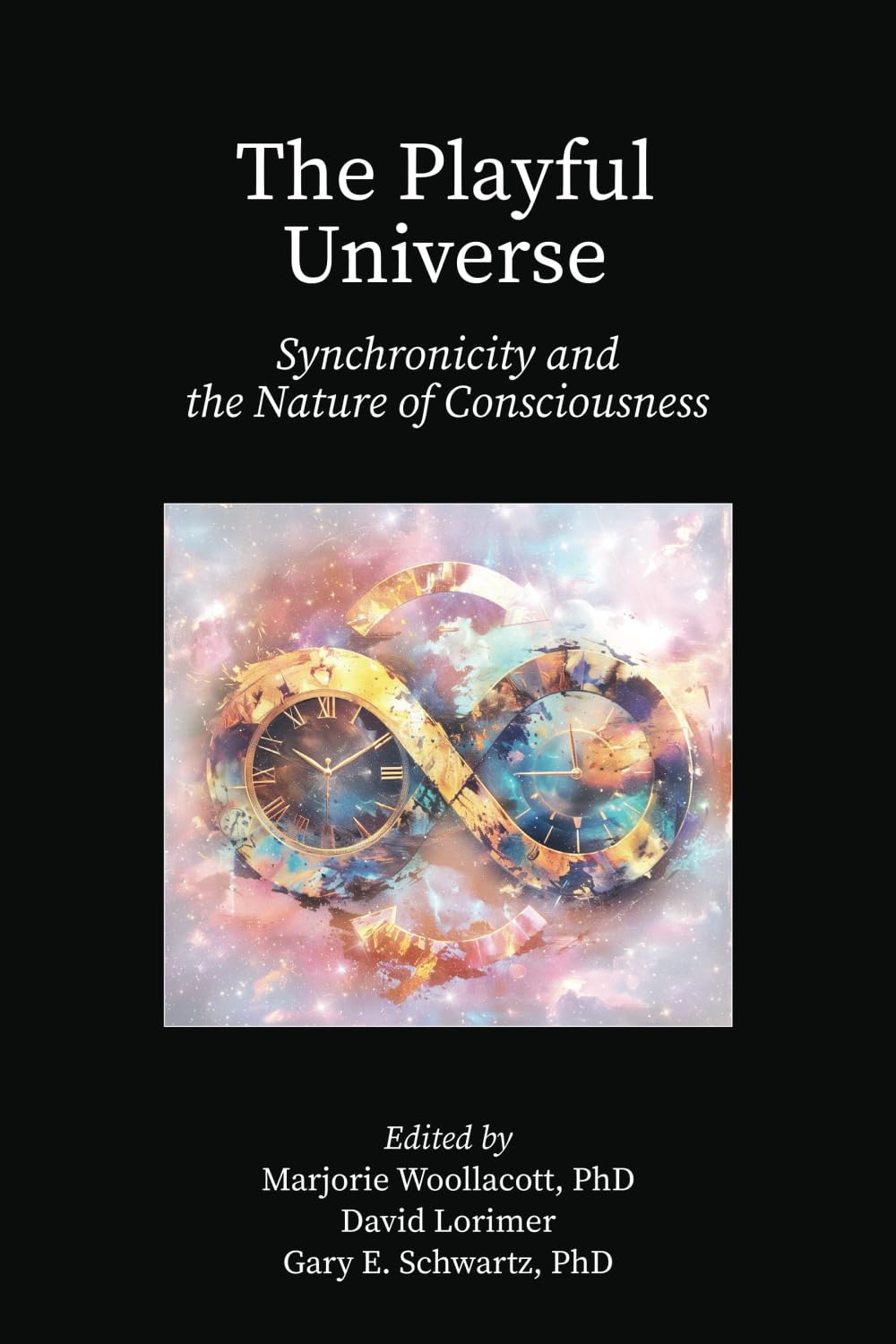
This volume consists of essays by scientists and academics describing their own experiences of synchronicity and how these experiences transformed both their worldview and the way they lived their lives. We truly believe that this is a fundamentally intelligent, benevolent, creative and playful universe in which we, as individual expressions of the one Universal Mind, co-create our reality.
Recent News
Featuring Lorna Green – #10: This Great Shift from Fear into the Love Orientation
And get clear on what it is we love about democracy, even as messy and unpredictable that it is. And how important to us our civil liberties really are, and how fragile. It is a call to really rethink ourselves from the ground up at every level and depth.
How do our brains make our minds?
However, if a brain were just a bag of tricks, then it would be difficult, if not impossible, to discover unifying theories of how brains make mind. The work that my colleagues and I have done contributes to a growing understanding that, in addition to opportunistic evolutionary adaptations in response to changing environments, there is also a deeper level of unifying organizational principles and mechanisms upon which coherent theories of brain and mind can securely build.
Featuring Lorna Green – #9: Other Reasons for Hope
Know, that in the midst in all of this upheaval, good things are happening. Find your strength in yourself, the people around you, and the leaders who are moving with these new forces of history.
Can we Crack the Mind-Body Problem? Part III – Emmanuel Ransford
...I hope to bolster the idea that a nonmaterialist, yet scientifically sound, theory of brain consciousness is possible. My approach is tentative and should be read with a “what if” mindset—what if matter were holomatter? I’ll then freely speculate on the issue of transcendence, as glimpsed through the lens of in-causation. Next, I’ll contend that science provides some intriguing clues that our life-bearing universe may have meaning and purpose. Finally, I shall ponder how Gödelian incompleteness and in-causation may relate.
Featuring Lorna Green – #8: And so, Let’s Just Stop Believing the Lies
The male thought traditions have run their course, they have brought us to the brink of our distinction, they are over with. And new ideas must be found, we need new ways of thought and perception, and we need them now.
Interview with GC Chair David Lorimer on the Passion Harvest podcast
David Lorimer embarked on a quest for wisdom and deeper understanding of life. David, originally a merchant banker then a teacher of philosophy is a writer, lecturer, poet and editor. In 2020 David was awarded a Lifetime Achievement Award as a Visionary Leader by the Visioneers International Network. This is his story, and this is his Passion.
